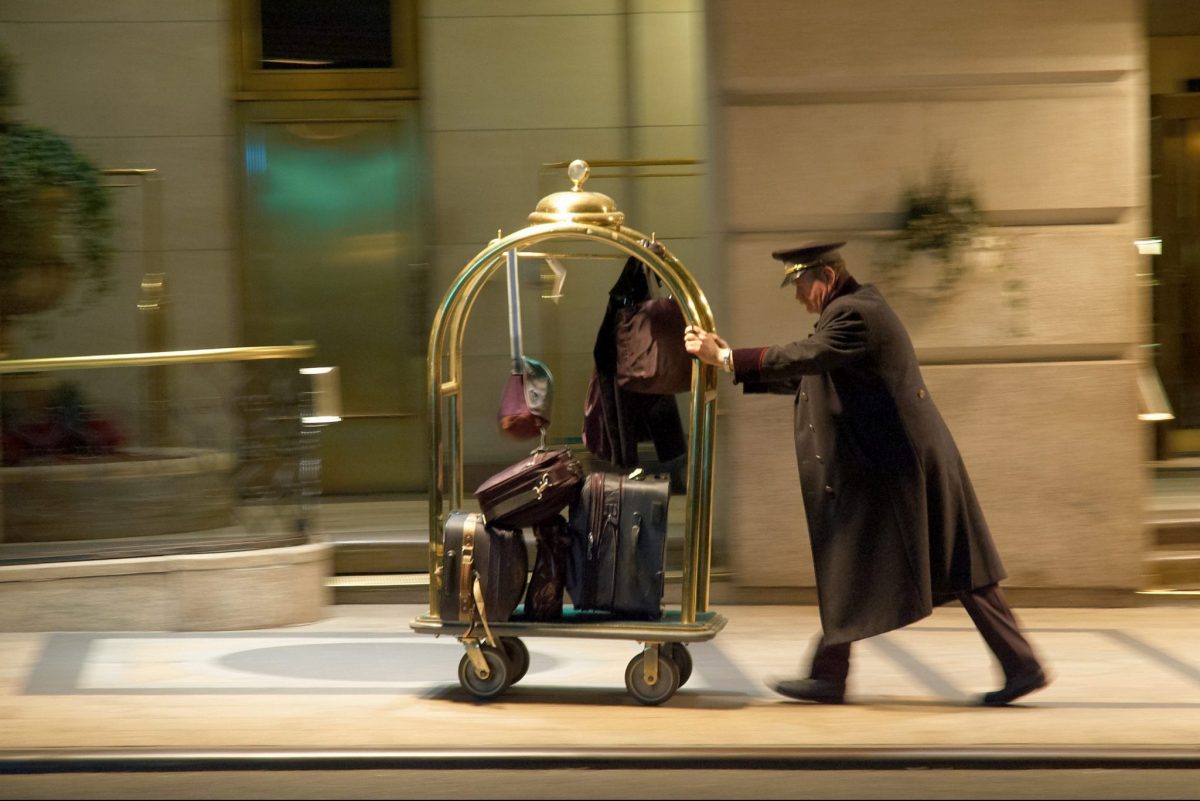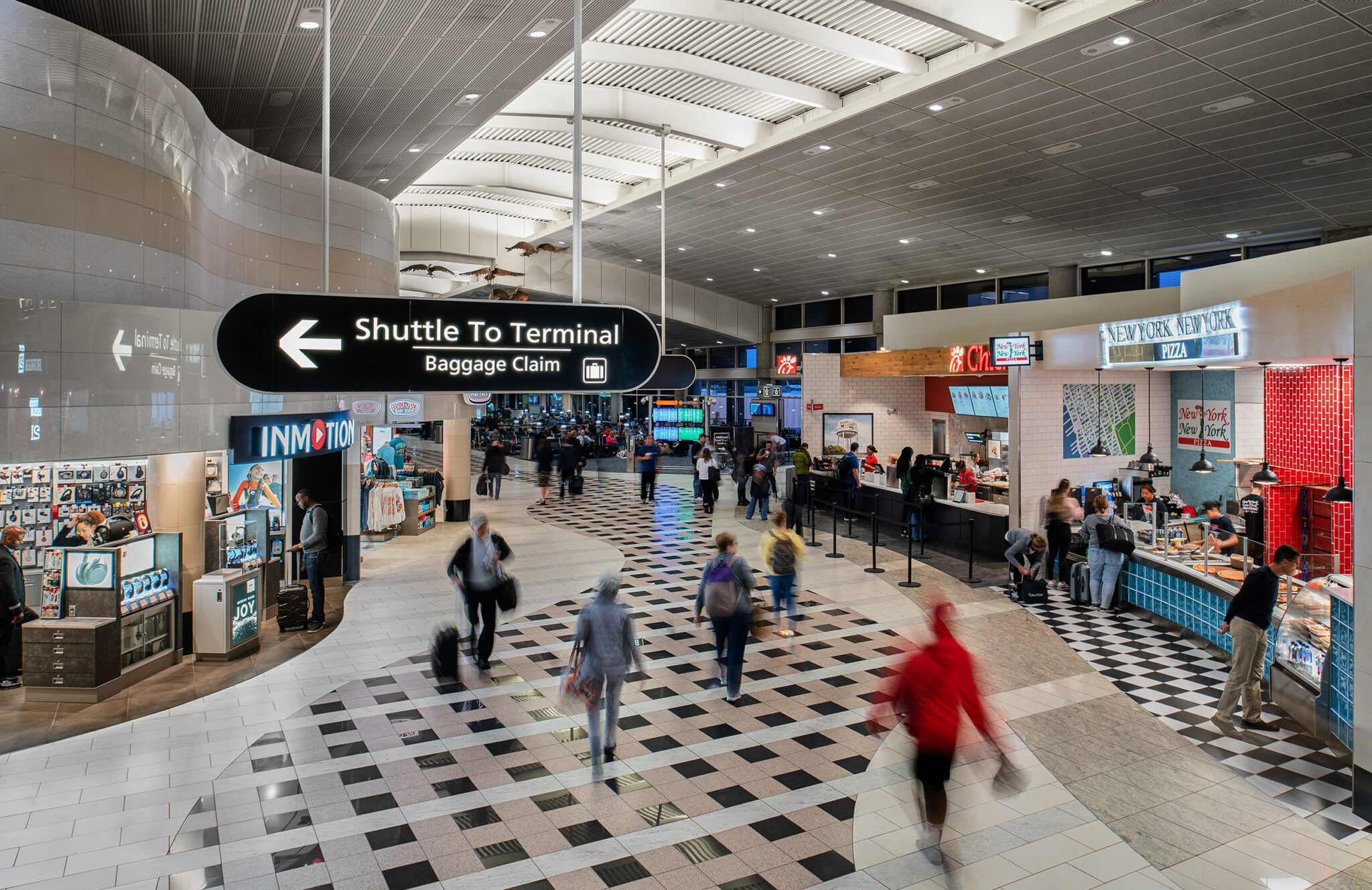U.S. Hotel Unemployment Falls to Pandemic Low

Skift Take
The U.S. hotel industry has something to celebrate from a November jobs report that left many economists scratching their heads.
The accommodation sector’s unemployment rate fell last month from 12.9 percent to 10.5 percent, the lowest seen since the start of the pandemic. That is still above the 4.2 percent national average but also well below the nearly 49 percent unemployment rate seen in April 2020. The falling unemployment rate was a bit of good news in an otherwise confusing jobs report, which showed only 210,000 jobs added when economists were expecting more than 500,000.
Industry experts largely see the hotel unemployment rate strength as an optics win and point to a hotel sector struggling to match employee counts to demand levels.
“The bigger question at this point is how many people are actually looking for jobs,” said Evan Weiss, chief operating officer at LW Hospitality Advisors. “It just appears to indicate more uncertainty in the labor market, particularly as it pertains to hospitality and leisure type of positions where a lot of people are leaving the industry.”
The overall jobs reports drew scrutiny from economists who noted two surveys showing very different takes on the economic climate last month. The Bureau of Labor Statistics report showing 210,000 jobs added last month came from a survey of employers while a household survey showed the number of employed Americans was up by 1.1 million people last month.
That stronger number would add to the economic narrative of a recovery picking up over the fall ahead of the recent emergence of the Omicron variant. All the major hotel companies on recent third quarter earnings calls reported an acceleration in performance over the month of October after a late summer stumble with the Delta variant.
Marriott CEO Anthony Capuano indicated this week at a Morgan Stanley conference the company, even with Omicron, expected to show signs of continued recovery through the end of the year.
But a labor shortage crisis continues to grip the hotel industry, and a falling unemployment rate isn’t indicative of a solution. It can also point to people no longer looking for work in the industry.
“The November jobs report is more proof that the hospitality industry still has a long way to go to regaining what we’ve lost during the pandemic," American Hotel & Lodging Association CEO Chip Rogers said in a statement to Skift. "While our industry had seen small gains, the numbers are nothing to celebrate."
The overall leisure and hospitality sector, which encompasses hotels as well as bars and restaurants, only added 23,000 jobs last month. Employment is still down by 1.3 million jobs, or nearly 8 percent, from pre-pandemic levels, according to the BLS.
“We still have thousands of open positions across the country, and we are working hard to hire people at this point,” Hyatt CEO Mark Hoplamazian said on the company’s third quarter earnings call early last month.
Wage Inflation Arrives
Critics have noted some of the hotel industry’s labor shortage plight is self-induced. There was already a labor shortage before the pandemic arrived and ushered in an era of mass layoffs. Many of those hotel workers moved onto other industries that pay higher wages.
While hotel owners and executives spent a lot of the summer trying to recruit with signing bonuses instead of actual wage increases, it appears the industry is finally recognizing it has to pay more and provide more opportunities to those entering the field.
Hoplamazian indicated last month wages at Hyatt hotels were up as much as 20 percent, depending on the job and city.
Capuano this week said Marriott wasn’t seeing such a steep incline with wage inflation, but he did double down on the company’s push to better market opportunities for upward mobility. More than half of Marriott’s general managers started out in hourly wage positions, Capuano said.
But he also indicated higher daily rates as well as new efficiencies in hotel operations could help offset higher wages when those are introduced.
Streamlining hotel operations could be a pandemic legacy if the current labor situation doesn’t improve.
“The hotel industry and real estate in general can continue to innovate, and you're going to see hotels that maybe historically operated with 22 employees going forward with 16 or 17," Weiss said. “You're going to see this lower labor model for two reasons: costs but also availability. People just left the hospitality labor force, and they’re not coming back anytime soon.”




